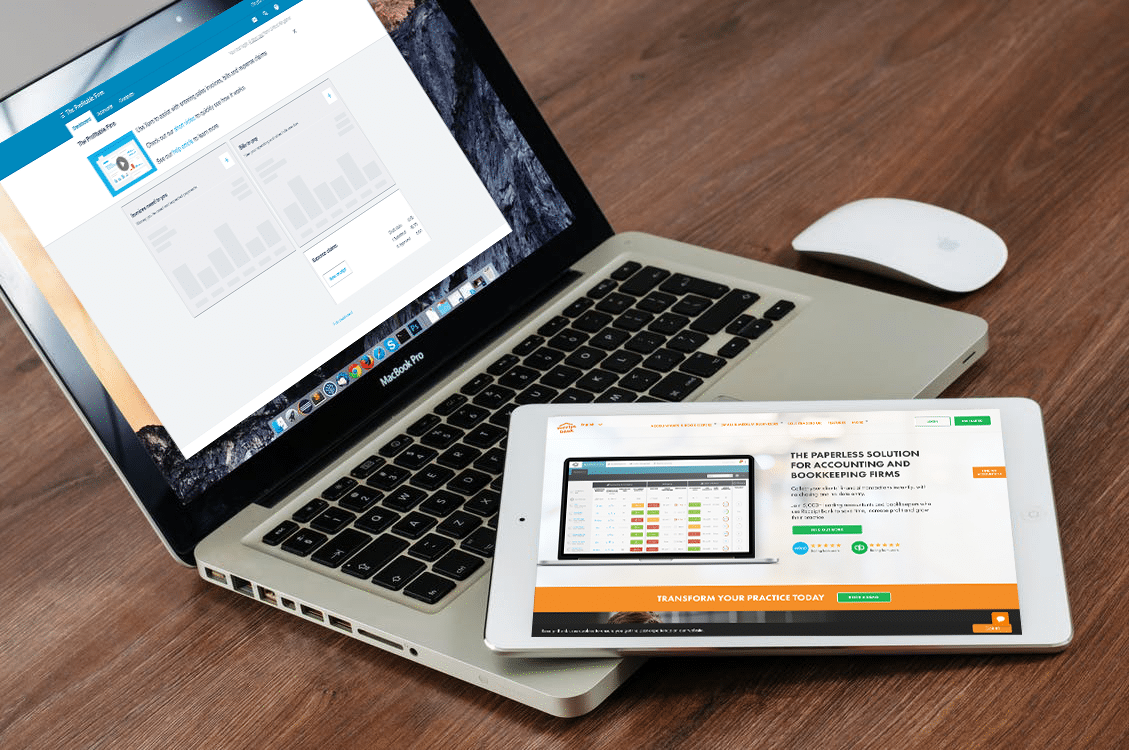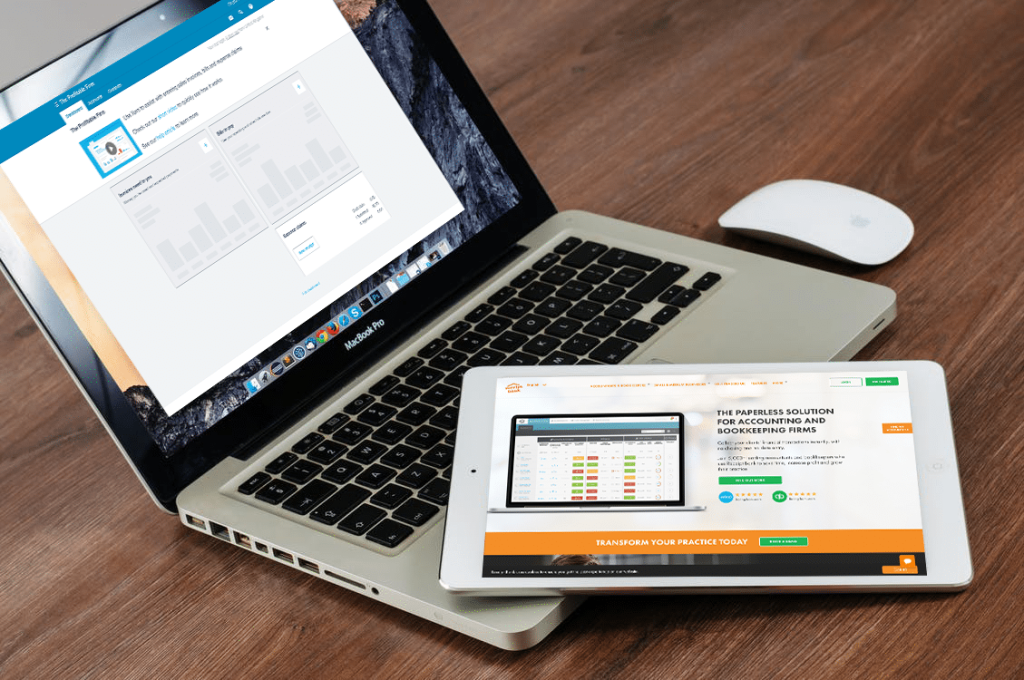
“You’ve got to start by being a bit selfish,” Paul Barnes of My Accountancy Place told me.
We were having breakfast in Manchester and talking about a guide I’m writing called “The Traits of the Entrepreneurial Accountant”. I asked Paul what he thought those traits were, and this is one of the first things he shared with me.
“For accountants who have the spirit of systemising and streamlining, you have to start with yourself. Think about what you want, and what works for your firm. By being ‘selfish’, your team and clients benefit even more, and faster.”
I’ll share the rest of Paul’s very excellent thoughts in my traits guide soon (make sure you’re on the list here), but our discussion caused me to think about what might be holding some accountants back.
Showing by example is the single most powerful way to market your services. Case studies and testimonials are good, but even more powerful is, “This is what I did, myself.” It’s personal. It’s real. And your client or prospect can see it right before their very eyes.
When we rebranded The Profitable Firm, and created a new website, we had more branding and website enquiries than we had ever had before.
It was easy to see. It proved what we were preaching.
If charity begins at home, so does profitability and good accounting and advisory services.
Here are my tips for starting great accounting at home, in your own firm:
1. Finish your own accounts first
You’ll not only have that relief of knowing it’s not hovering at the back after all your client work, but also the opportunity to notice anything that’s not quite right about the system.
2. Send your accounts to yourself as you would the client
Have one of the team record a video with the highlights of the accounts. Prepare the reports you’d send to a client. Take time to review them. What is it like to receive these? Did the emails go out on time? Do the reports make sense?
3. Use all the apps and tools on your own firm
Xero, Futrli, ReceiptBank, Rocketspark, Harvest, Zapier, etc. No matter how many good emails you send, there is nothing as powerful as using ReceiptBank when you have coffee with a client or prospect and having them say, “What’s that?”
4. Hold a monthly meeting with your managerial team
Do this the same way you’d do with a great client: Set aside the time, and don’t allow it to be taken over by client work.
5. Hold a quarterly or annual meeting with the entire team
Share financial results: Make sure the whole team understands how they fit into those numbers.
6. Talk about your process – and even your numbers – with your clients
This can be difficult for many accountants. You don’t want to mention profits or turnover amounts in case they feel you simply want to get more money from them. But you can at least talk about the process you follow, and the percentages and growth your firm has had, as an example of how these things work.
7. Talk about your failures, too
If you tried a new app and it didn’t work, or you experimented with a new type of reporting and it wasn’t useful, share that as well. This shows your humanity, and helps your clients to see that you aren’t afraid to try new things. That’s a powerful factor for business owners to stay with their accountant.
It may feel a little backwards – and even a little selfish. But if you’re going to truly serve your clients well, great accounting starts at home.

